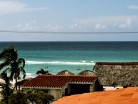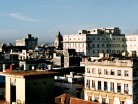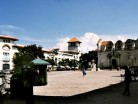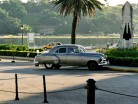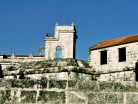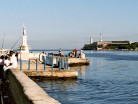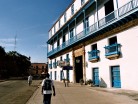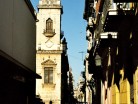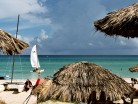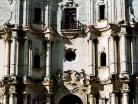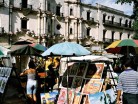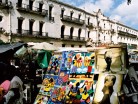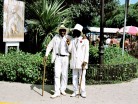The Republic of Cuba (Spanish: República de Cuba) is an island country in the Caribbean. It consists of the island of Cuba, the Isla de la Juventud, and several archipelagos. Havana is the largest city in Cuba and the country’s capital. Santiago de Cuba is the second largest city. Cuba is home to over 11 million people and is the most populous insular nation in the Caribbean. Its people, culture, and customs draw from diverse sources, including the aboriginal Taíno and Ciboney peoples; the period of Spanish colonialism; the introduction of African slaves; and its proximity to the United States.
The name “Cuba” comes from the Taíno language and though the exact meaning is unclear, it may be translated either as “where fertile land is abundant” (cubao), or as “great place” (coabana). Additionally, there is the claim that native inhabitants called the island “Cubagua” in the Columbus era starting in 1542.
Prior to the arrival of the Spanish, the island was inhabited by Native American peoples known as the Taíno and Ciboney whose ancestors migrated from the mainland of North, Central and South America several centuries earlier. The Taíno were farmers and the Ciboney were farmers and hunter-gatherers; some have suggested that copper trade was significant and mainland artifacts have been found.


